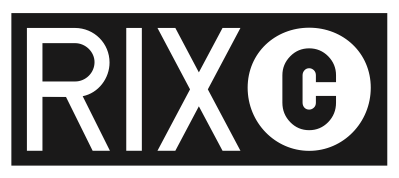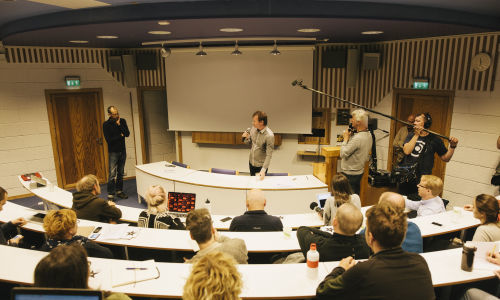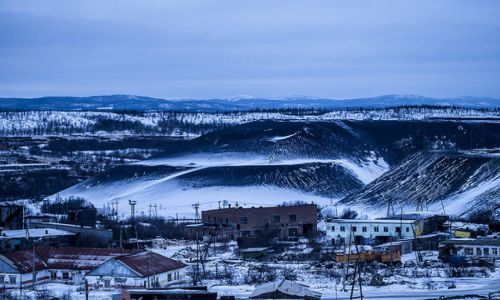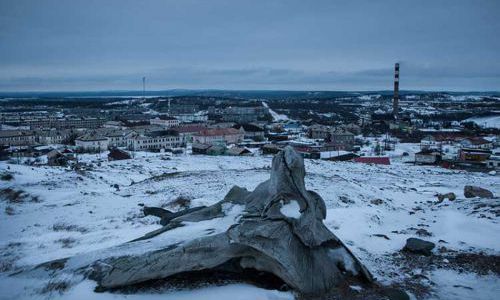Book: Open Fields
Art and Science Research Practices in the Network Society
Peer-reviewed journal & book series for transdisciplinary research on art, science, technology and society. As part of Acoustic Space, Vol. 15. Edited by Rasa Smite, Raitis Smits and Armin Medosch (2016).

This Open Fields volume presents artistic research that is located in the contested territory between academic knowledge production and independent creative practices.
The book presents the interwoven histories of art and science in the digital age, by investigating the changing role of art in the network society. In previous volumes, we opened multiple conversations about how art can not only criticize and thereby provide a mirror for society, but how it can also more directly intervene in material and social structures.
We are now continuing this discussion by asking: How can art and other creative practices meaningfully contribute to the environmental, technological and scientific challenges of our time?
The first chapter is dedicated to contemporary aesthetics and its immediate forerunners, starting around forty years ago. This is followed by a chapter on media art histories in Eastern Europe. The third chapter brings together specific issues in art and scientific research with speculative and phenomenological, and philosophical questioning. And last but not least, the fourth chapter gives an insight into some more recent exhibitions and art projects in which artists, by exploring “open fields”, challenge the notions of art and contemporary aesthetics.
Contents
7 Introduction by editors
9 Christiane Paul. From Archives to Collections: Digital Art In/Out of Institutions
I EARLY DIGITAL ART AND CONTEMPORARY AESTHETICS IN NETWORK SOCIETY
20 Roddy Hunter. Curating the Network-as-Artwork after Globalisation
30 José A. Oliveira. The Art of Systems and the Systems of Art: Theory and Practices
43 Simon Hagemann. Performing the Web: Aspects of the Communication Network in Performance
50 Jim Boulton. Error 404 – Why Archive the Web?
55 Darko Fritz. Agents of Social and Political Change in the Early Digital Arts from the Netherlands
62 Rajashree Biswal. The Politics and Dynamics of Web Based Art Practice in India in the Post 1990s
80 Ernest Edmonds. Network Art from the Birth of the Internet to Today
II MEDIA ART HISTORIES IN EASTERN EUROPE
88 Aneta Panek. Ingenious Dillettantes – Night Patrol – Punk in Poland. Transgressions, subversions and détournements in experimental music and cinema in West Berlin, Warsaw and Łódź in the 1980s
100 Raivo Kelomees, Stacey Koosel. Privacy Experiments in Public and Artistic Spaces
111 Dana Catona. Human Body Related Works in Performance, Video and New Media – from the ‘60s to the Present in Romania
118 Ksenia Fedorova. Transmediality, Transliteracy, Transduction and Aesthetics of the Technological Sublime
129 Vytautas Michelkevičius, Lina Michelkevičė. Unwritten Histories of Extinct Media Art in Lithuania: From the 2000s of Great Promise to the Multidirectional 2010s
143 Andrew Gryf Paterson. Reflections on Soil Future(s), Past(s) and Present(s)
III SPECULATIVE ARCHEOLOGIES: THE OPEN FIELDS OF ART AND SCIENCE
158 Laura Beloff. Art as A Playground for Evolution
165 Jung-Yeon Ma. Renewing the Story of the CTG: Haruki Tsuchiya’s Research on Energy
172 David Thomas. The Crystal Stereoscope: The Architectural Reconstruction of Modern Vision
177 Jamie Allen, Ryan Jordan. Signal Aesthetics. Stroboscopic Arts and Sciences
200 Aleksandra Kaminska. Audible Walls, Breathing Vaults, and the Fantastic Sites of Re-Imagination
211 Brogan Bunt. Cutting Sections from Cars: at the Medial Margins of Media Art
IV TRANSFORMATIVE ECOLOGIES: FROM CHANGING WEATHERS TO OPEN FIELDS
223 Transformative Ecologies. North Creative Network Initiative and Exhibitions
237 Open Fields. The Exhibition and Conference / RIXC Art Science Festival 2016
252 Changing Weathers. Networked Responses to Geophysical, Geopolitical and Technological Shifts Across Europe. Collaborative Project
ISSN 1407-2858
ISBN 978-9934-8434-5-7
Published by RIXC, Riga & LiepU MPLab, Liepaja
(RIXC Center for New Media Culture, Riga & Liepaja University's Art Research Lab, Liepaja)

From the Book
-
Dark Ecological Chocolate
Timothy Morton
Dark ecology starts off dark as in depressing. Then it becomes dark as in mysterious. Then it ends dark as in sweet dark chocolate. In this lecture I'm going to provide an experiential map of dark...
-
Nikel — The City as a Material
An interview with Tatjana Gorbachewskaja
Tatjana Gorbachewskaja is an architect who grew up in the Russian town Nikel, located in the far North near the Russian border with Norway. For Dark Ecology Project she researched the materials of...
-
What Is Dark Ecology?
Timothy Morton
In this essay, which draws on his book Dark Ecology, For a Logic of Coexistence, Timothy Morton — who originally coined the term dark ecology — explains what dark ecology is. He also argues how...


